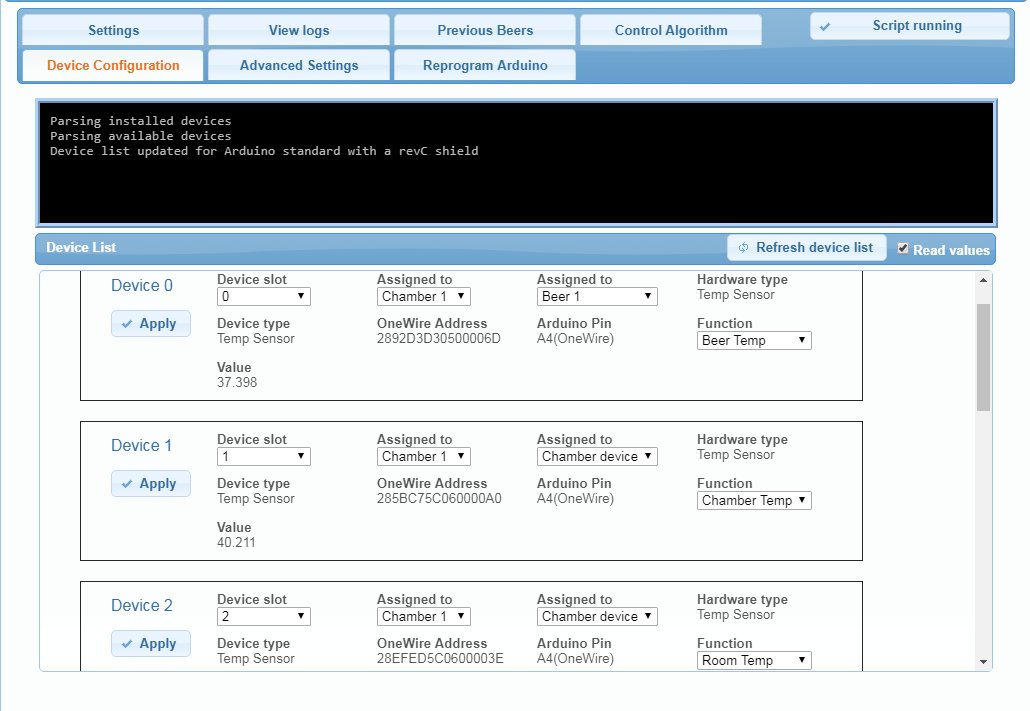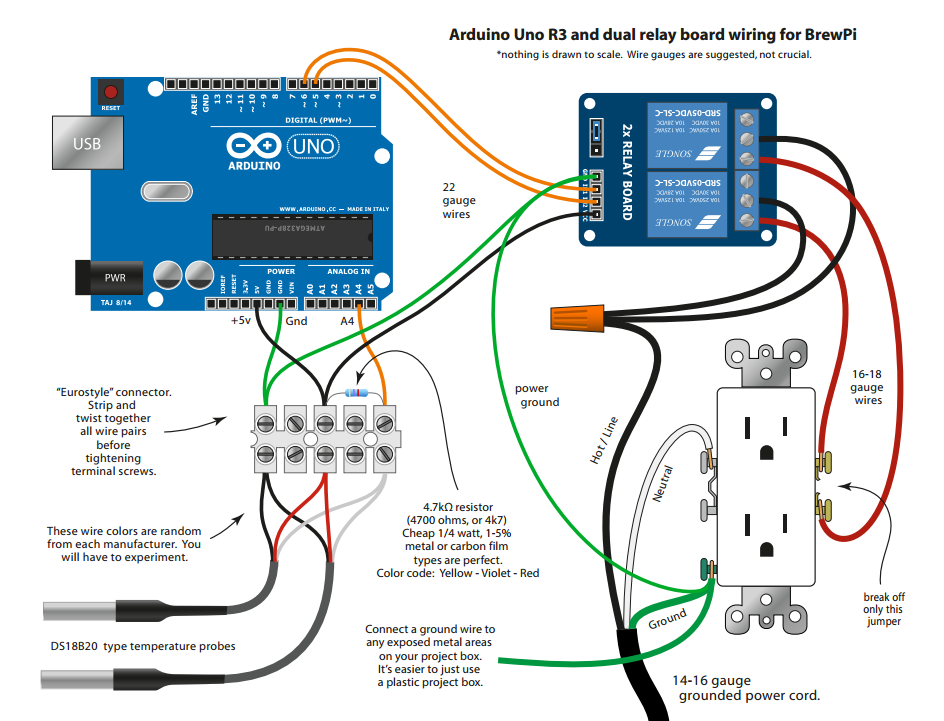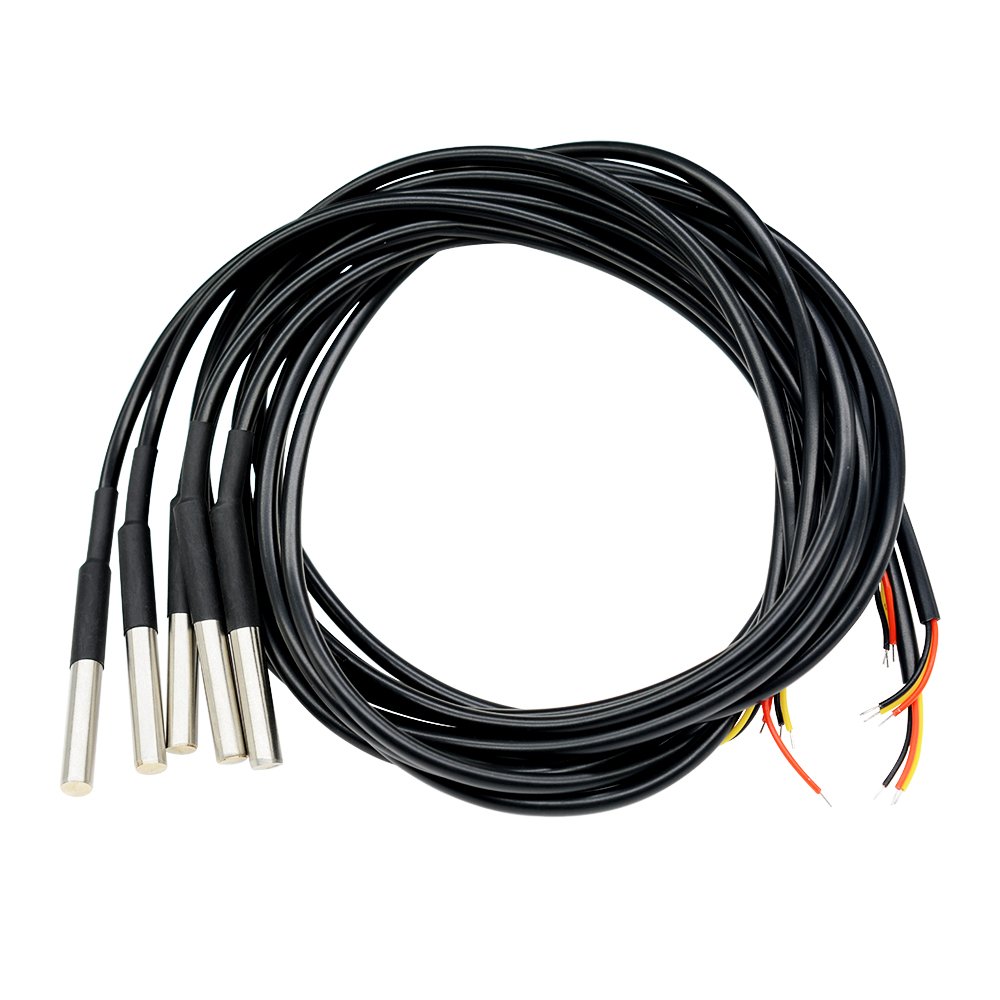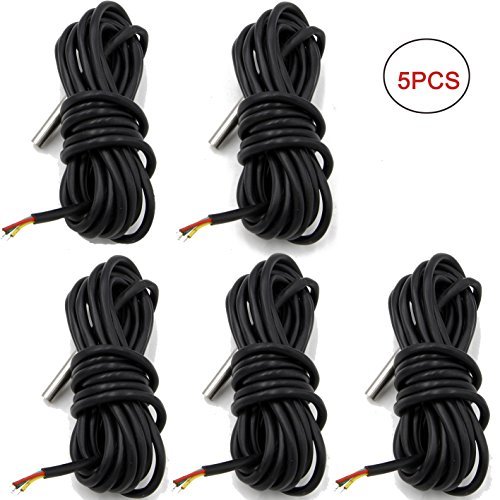FuzzeWuzze
I Love DIY
Damn this post is 4 years old now?!
Been out of country and dealing with new(ish) baby, so just now getting back into brewing and did my first batch in like 6 months this last weekend. Plugged trusty BrewPi back in and off it went, so that was nice.
Looks like there's been a lot of upgrades you guys are doing like the new webpage ill have to give a looksy at!
Been out of country and dealing with new(ish) baby, so just now getting back into brewing and did my first batch in like 6 months this last weekend. Plugged trusty BrewPi back in and off it went, so that was nice.
Looks like there's been a lot of upgrades you guys are doing like the new webpage ill have to give a looksy at!







